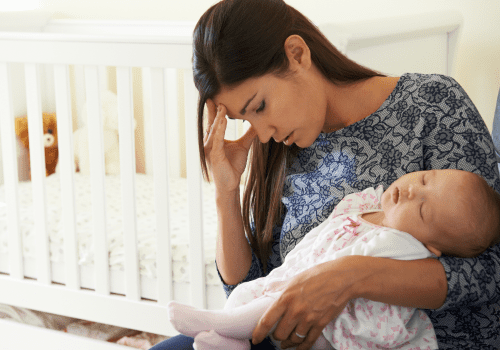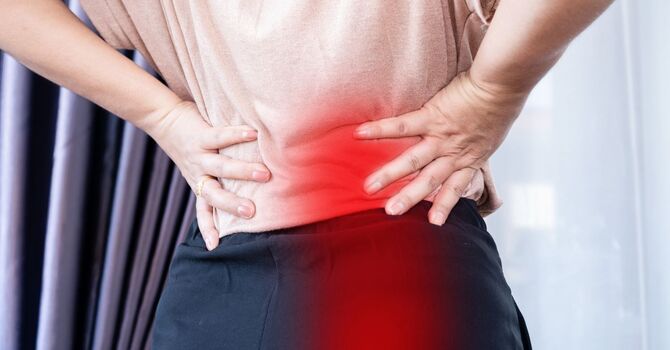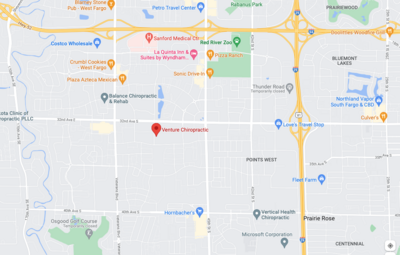
Find Out What You are Missing
You may have been deficient in Vitamin D during pregnancy and never knew it if you weren’t tested. Most nurses and OB/GYN doctors only ask if you have been taking a pre-natal vitamin. However, most pre-natal vitamins do not have enough Vitamin D in them to achieve optimal status at serum levels. A recent study published in the journal Archives of Women’s Mental Health suggests that low vitamin D levels in mothers during pregnancy increases the risk for postnatal depressive symptoms.1 Vitamin D supplementation is a low-cost and safe intervention for all pregnant women.
Is your HDL Cholesterol high enough? Cholesterol also happens to be a precursor to sex hormones and vital for vitamin D physiology. In a well-known study published by the Journal of Psychiatric Research, the authors found that postnatal participants with depressive symptoms had lower serum HDL concentrations.2 This type of cholesterol can be raised by taking a supplement rich in Omega-3 such as Fish Oil. Dietary intake of avocado, nuts, fish, olive oil, coconut oil are all good options.
Vitamin D and HDL Cholesterol levels are just two of many missing links that may be contributing towards depressive symptoms after giving birth. You are experiencing all sorts of feelings at once in this time in your life. Whether you are a new mother or considered a veteran, every child is different, and you will face different obstacles to overcome. So, take the guesswork out of your health. We can spot check vitamin D and Cholesterol or provide a comprehensive panel for the blood status, so you can be sure you are doing everything you can for you and your baby. There are safe, natural treatment options for depressive disorders and anxiety. However, never stop taking your medications without the guidance of the health professional that prescribed them and it is important to seek the support of a properly trained medical profession to properly diagnose. Most supplements are safe to take during and after pregnancy, even if you are nursing. By testing first, you won’t fill your valuable time reading labels or taking supplements by trial and error. We can will tailor a detailed program for you to follow that can optimize levels in the blood to avoid and/or improve depressive disorders. Depression should not be taken lightly. It is not just you who will be affected; you now have a baby who relies on you for care and comfort.
- Dr. Melanie
References:
1. Hunter, Will. Low vitamin D status during pregnancy may increase risk for symptoms of postpartum
depression. Vitamin D Council. April 2014.
2. Teofilo, Marcella Martins Alves, et al. HDL-cholesterol concentrations are inversely associated with
Edinburgh Postnatal Depression Scale scores during pregnancy: Results from a Brazilian cohort study.
Journal of Psychiatric Research. Volume 58. November 2014, Pages 181–188




